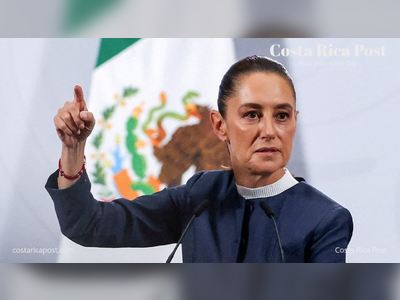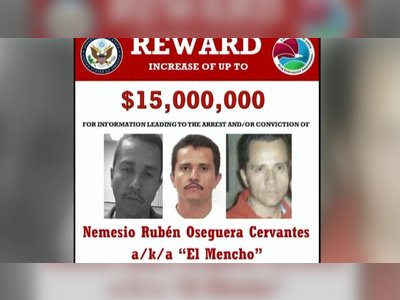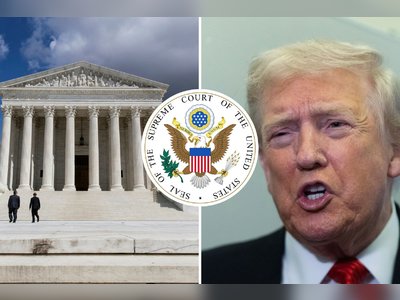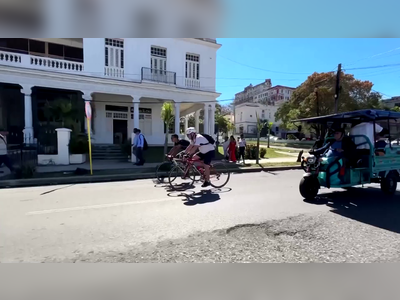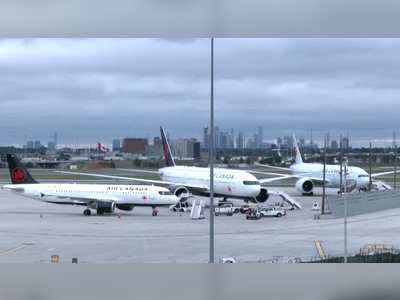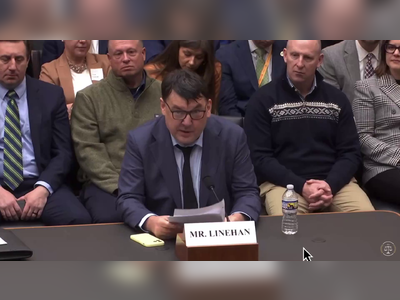Costa Rica and America Allege Cyber Espionage by China: A Quagmire of Diplomacy
As geopolitical tensions rise over cyber security, China faces accusations of cyber intrusions that it vehemently denies, posing the question of how nations can secure cyberspace amid growing international distrust.
In a development that has reignited old tensions and added new layers to the complex web of international relations, Costa Rica and the United States have jointly accused China of cyber intrusions, claims that the Chinese government categorically denies as defamations devised by American political machinations.
This unfolding narrative not only spotlights the precarious nature of cybersecurity but further underscores the intricacies of cyber diplomacy in a globally intertwined yet adversarial environment.
The allegations against China emerge amidst an already fraught geopolitical landscape, sparking a debate that straddles the delicate boundary between national security and international cooperation.
Costa Rica, aligning with the United States, meticulously reviewed their cybersecurity frameworks and reported findings that, in their view, unequivocally pointed to Chinese cyber activities as the culprit.
However, Beijing's immediate dismissal of the claims as unfounded accusations brings into sharp relief the broader challenge of validating cybersecurity breaches.
In an era where technological advancement is both a boon and a bane, how countries interpret data and ascribe culpability continues to foment mistrust and hinder potential cooperation.
The proposition from China, advocating for a collaborative dialogue to address these cybersecurity issues, could be interpreted as a reasonable overture in theory.
Yet, skeptics remain dubious, pointing to China's existing record on cyber activities.
This historical skepticism is further compounded by contextual factors such as China's non-alignment with the Budapest Convention, an international treaty crucial for shaping global cybersecurity norms.
Moreover, the concerns extend beyond immediate threats to long-term implications for nations deciding on essential telecommunications infrastructure.
The ambivalence around companies like Huawei in the 5G sector exemplifies how deeply intertwined technology, security, and politics have become—a realm where issues of data sovereignty and transparency are paramount.
Does the exclusion of such entities enhance national security, or does it throttle potential technological advancement?
It is a question that policymakers must grapple with, underscoring the definitive tension between preserving technological edge and safeguarding national interests.
Indeed, the conundrum is emblematic of broader global cybersecurity tensions wherein facts and trust are scarce commodities.
The words of John Adams resonate today: 'Facts are stubborn things.' Yet, in diplomacy, even concrete facts can be subject to interpretation, depending heavily on the diplomatic will to pursue mature, evidence-based discussions.
Ultimately, this case between Costa Rica, the US, and China calls for renewed dialogue and responsibility among global players.
How can trust be fostered in such a treacherously fragmented international cosmos over cybersecurity?
As nations tentatively contemplate the next steps, the hope is that forthcoming talks might break new ground and steer the path towards a more secure, cooperative future.
This unfolding narrative not only spotlights the precarious nature of cybersecurity but further underscores the intricacies of cyber diplomacy in a globally intertwined yet adversarial environment.
The allegations against China emerge amidst an already fraught geopolitical landscape, sparking a debate that straddles the delicate boundary between national security and international cooperation.
Costa Rica, aligning with the United States, meticulously reviewed their cybersecurity frameworks and reported findings that, in their view, unequivocally pointed to Chinese cyber activities as the culprit.
However, Beijing's immediate dismissal of the claims as unfounded accusations brings into sharp relief the broader challenge of validating cybersecurity breaches.
In an era where technological advancement is both a boon and a bane, how countries interpret data and ascribe culpability continues to foment mistrust and hinder potential cooperation.
The proposition from China, advocating for a collaborative dialogue to address these cybersecurity issues, could be interpreted as a reasonable overture in theory.
Yet, skeptics remain dubious, pointing to China's existing record on cyber activities.
This historical skepticism is further compounded by contextual factors such as China's non-alignment with the Budapest Convention, an international treaty crucial for shaping global cybersecurity norms.
Moreover, the concerns extend beyond immediate threats to long-term implications for nations deciding on essential telecommunications infrastructure.
The ambivalence around companies like Huawei in the 5G sector exemplifies how deeply intertwined technology, security, and politics have become—a realm where issues of data sovereignty and transparency are paramount.
Does the exclusion of such entities enhance national security, or does it throttle potential technological advancement?
It is a question that policymakers must grapple with, underscoring the definitive tension between preserving technological edge and safeguarding national interests.
Indeed, the conundrum is emblematic of broader global cybersecurity tensions wherein facts and trust are scarce commodities.
The words of John Adams resonate today: 'Facts are stubborn things.' Yet, in diplomacy, even concrete facts can be subject to interpretation, depending heavily on the diplomatic will to pursue mature, evidence-based discussions.
Ultimately, this case between Costa Rica, the US, and China calls for renewed dialogue and responsibility among global players.
How can trust be fostered in such a treacherously fragmented international cosmos over cybersecurity?
As nations tentatively contemplate the next steps, the hope is that forthcoming talks might break new ground and steer the path towards a more secure, cooperative future.
